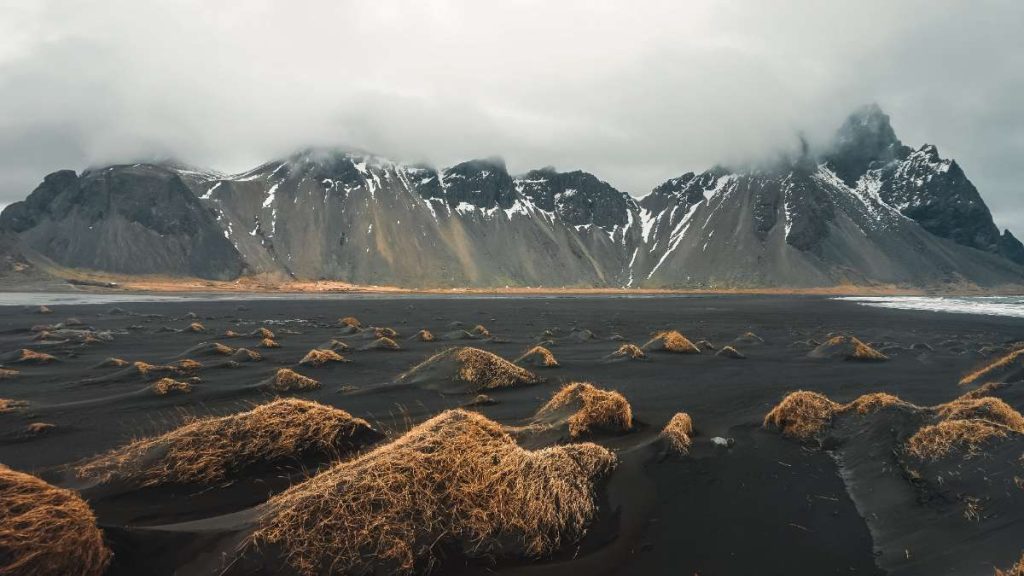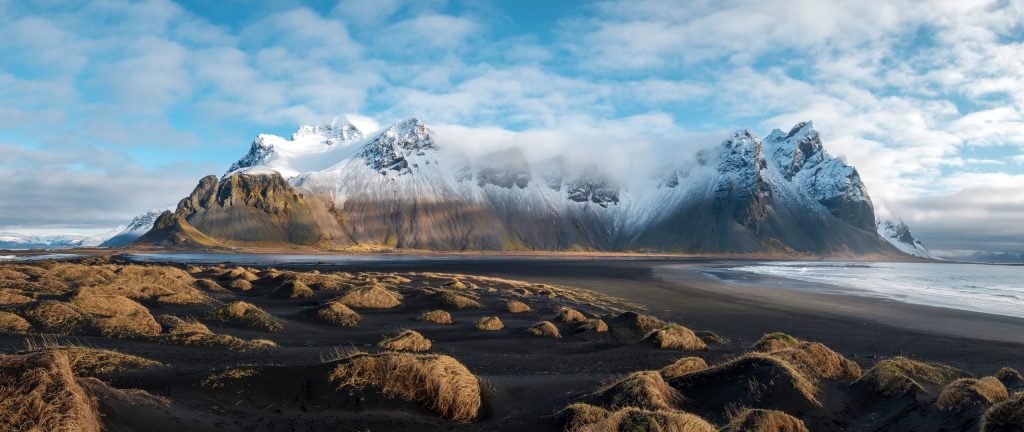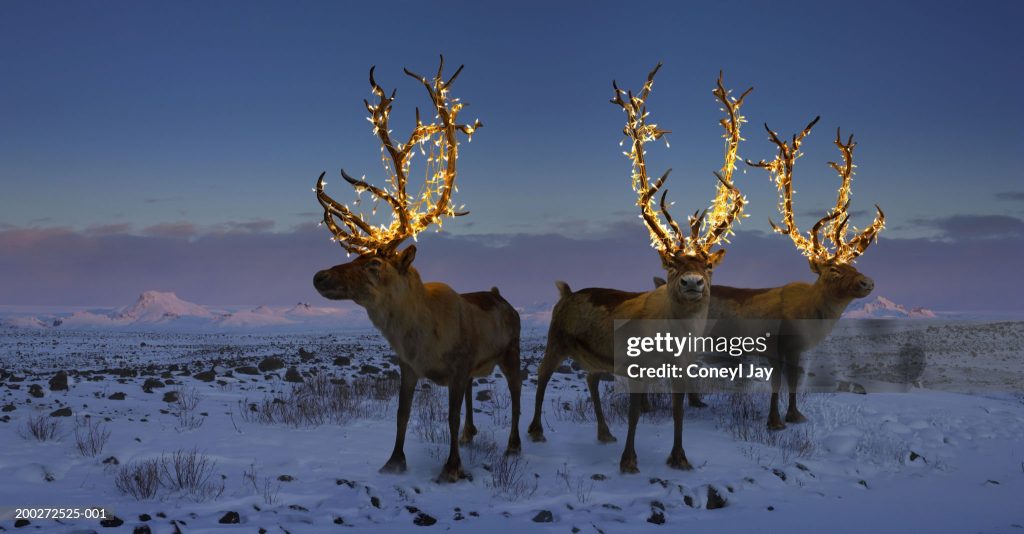Discovering Icelandic Culture
Nestled in the North Atlantic, Iceland boasts a culture as unique and diverse as its stunning landscapes. From ancient sagas telling tales of heroic Vikings to contemporary art and music, Icelandic culture is a rich tapestry woven with history, creativity, and a deep connection to nature. The blending of old and new creates a vibrant cultural scene that attracts visitors from all over the world, eager to experience the essence of this remarkable island, Iceland.
A Glimpse into History
Cultural roots in Iceland date back to the 9th century when Norse settlers first arrived on the island. These early inhabitants brought a rich array of traditions, beliefs, and stories that significantly shaped Iceland‘s identity for centuries. The Sagas, a collection of epic tales penned in the 13th century, document the lives and adventures of these initial settlers. These literary works are considered some of the finest examples of medieval literature and provide insight into the Icelandic spirit of resilience and exploration. For example, the Saga of the Volsungs recounts the life of Sigurd, a legendary hero, while the Saga of Grettir tells the story of Grettir the Strong, highlighting themes of bravery and the struggle against fate.

Language and Literature
The Icelandic language, which has remained relatively unchanged since medieval times, is a source of great pride for Icelanders. It is the language of the sagas and continues to be used in contemporary literature. One fascinating aspect of Icelandic is its preservation of old Norse terms, which can make it challenging for even native speakers of other Scandinavian languages to understand. Iceland has a strong literary tradition, with one in ten Icelanders reportedly publishing a book in their lifetime. The annual Reykjavik International Literary Festival celebrates this passion for storytelling, drawing authors and readers from around the world. Iceland‘s literary landscape is further enriched by the many poets and novelists who explore the unique themes of nature, identity, and history in their works.
Art and Music
Iceland’s artistic scene is both vibrant and diverse. Reykjavik, the capital city, is home to numerous galleries, museums, and cultural institutions that showcase traditional and contemporary art. A highlight of this scene is the annual Reykjavik Arts Festival, which features performances, exhibitions, and installations by local and international artists. This festival not only celebrates Iceland’s rich artistic heritage but also emphasizes the importance of creative expression in today’s world.
One prominent artist, Erró, known for his pop art style, has significantly contributed to placing Iceland on the global art map. Additionally, the National Gallery of Iceland houses an impressive collection of Icelandic art, offering visitors valuable insights into the evolution of the nation’s artistic expressions over time.
Music is another cornerstone of Icelandic culture. The country has produced a remarkable array of musicians who have achieved international acclaim, such as Björk and Sigur Rós. Björk’s innovative sound and theatrical performances have influenced a generation of artists worldwide, while Sigur Rós is celebrated for their ethereal music that transports listeners to another realm.
Iceland Airwaves, one of the country’s most popular music festivals, attracts music lovers from around the globe, showcasing the latest in Icelandic and international music. The festival has become a launching pad for many up-and-coming artists and features a diverse range of genres, from indie rock to electronic music, reflecting the eclectic tastes of the Icelandic people.

Festivals and Traditions
Icelanders love to celebrate their heritage through various festivals and traditions. Þorrablót, a mid-winter festival, involves feasting on traditional foods like fermented shark and smoked lamb, allowing people to connect with their ancestors through cuisine. The ancient tradition of Ásatrú, the worship of the Norse gods, has seen a revival in recent years, with ceremonies and rituals being practiced by modern-day followers. This spiritual resurgence often involves gatherings at significant historical sites, where participants honor the old ways through song, poetry, and communal meals. In contrast, contemporary culture embraces innovation and creativity. The Icelandic Design March, held in Reykjavik, showcases cutting-edge design and innovation in fashion, architecture, and product design, reflecting the dynamic spirit of Iceland‘s artisans.
A Deep Connection to Nature
Icelanders have a profound respect for the natural world, deeply embedded in their culture. The country’s dramatic landscapes, from glaciers and volcanoes to hot springs and waterfalls, inspire a deep sense of reverence and stewardship. This connection is reflected in Iceland‘s commitment to sustainability and environmental conservation, with many initiatives aimed at preserving the pristine nature of the island. The preservation of traditional farming methods and the promotion of renewable energy sources, such as geothermal and hydroelectric power, are testaments to this commitment. This ethos of environmental responsibility is not only a cultural value but also a necessary practice for the sustainability of the nation’s resources.

The traditional practice of bathing in geothermal hot springs, known as “taking the waters,” is a cherished activity that combines relaxation with a connection to nature. The Blue Lagoon, one of the most famous hot springs, offers a unique experience of soaking in warm, mineral-rich waters while surrounded by lava fields. The therapeutic properties of the geothermal waters attract thousands of visitors each year, eager to experience the natural healing benefits. Moreover, many locals partake in this ritual as a way to unwind and connect with their surroundings, creating a communal and relaxing atmosphere that fosters relationships and conversations.
Conclusion
Icelandic culture is a captivating blend of ancient traditions and modern creativity. From the enduring legacy of the sagas to the contemporary art and music scene, Iceland offers a rich cultural experience deeply connected to its history and natural surroundings. Whether you’re exploring the vibrant streets of Reykjavik or the serene landscapes of the countryside, the spirit of Icelandic culture is sure to leave a lasting impression. The stories, music, art, and traditions that flourish here make Iceland not just a destination but a living narrative of resilience and innovation that continues to evolve and inspire the world.


